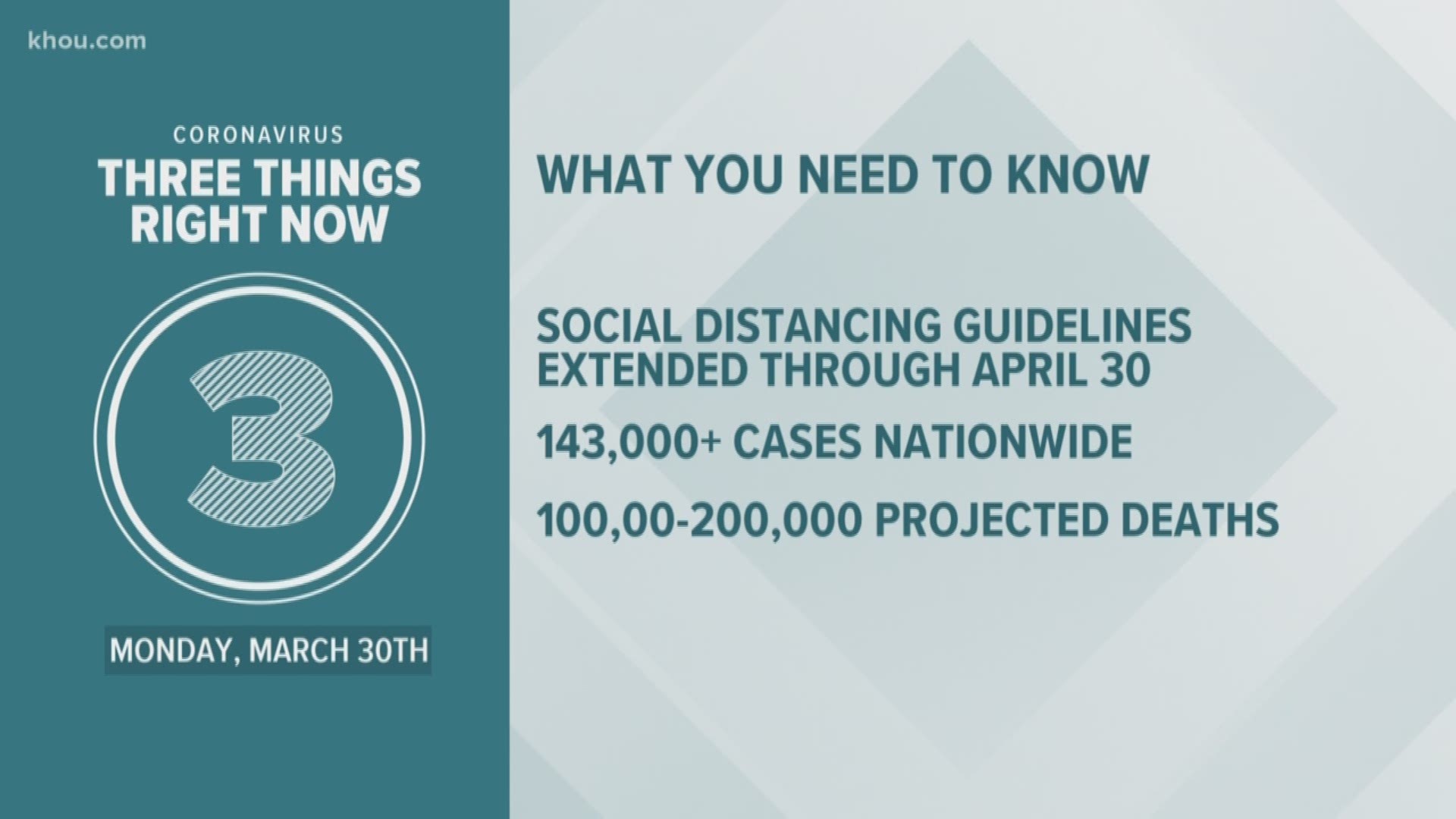HARRIS COUNTY, Texas — Harris County Tax Office is providing a three-month extension of all 12-month delinquent property tax payment plans as a result of the COVID-19 pandemic.
“Due to our area’s current health crisis and resulting economic uncertainties, property owners who are currently on 12-month property tax payment plans will not have to make payments for three months,” Ann Harris Bennett, Harris County tax assessor-collector & voter registrar, said. “Unfortunately, state law mandates that the appropriate late fees must still be assessed. However, I hope this extension helps ease property owners’ burdens during this critical time.”
Property owners with 12-month installment payment plans will not have to make payments for March, April, or May 2020. The next required payments would be due on or before June 30, 2020 and payable on a monthly basis from June until the end of the property owner’s initial property tax payment agreement deadline.
Property owners who receive payment extensions will have to contact the Tax Office prior to making their last payment as the final amount due will have changed.
It is important to note that the property tax code mandates that the Harris County Tax Office must still assess the appropriate late fees to all extended delinquent property tax payment plans. The Tax Office does not have the authority to waive the state’s fees.
Property owners may call 713-274-8000, or send an email to tax.office@hctx.net for additional information.
Coronavirus symptoms
The symptoms of coronavirus can be similar to the flu or a bad cold. Symptoms include a fever, cough and shortness of breath, according to the Centers for Disease Control. Some patients also have nausea, body aches, headaches and stomach issues. Losing your sense of taste and/or smell can also be an early warning sign.
Most healthy people will have mild symptoms. A study of more than 72,000 patients by the Centers for Disease Control in China showed 80 percent of the cases there were mild.
But infections can cause pneumonia, severe acute respiratory syndrome, kidney failure and even death, according to the World Health Organization. Older people with underlying health conditions are most at risk for becoming seriously ill. However, U.S. experts are seeing a significant number of younger people being hospitalized, including some in ICU.
The CDC believes symptoms may appear anywhere from two to 14 days after being exposed.
Human coronaviruses are usually spread through...
- The air by coughing or sneezing
- Close personal contact, such as touching or shaking hands
- Touching an object or surface with the virus on it, then touching your mouth, nose or eyes before washing your hands.
Help stop the spread of coronavirus
- Stay home when you are sick.
- Eat and sleep separately from your family members
- Use different utensils and dishes
- Cover your cough or sneeze with your arm, not your hand.
- If you use a tissue, throw it in the trash.
- Follow social distancing
Lower your risk
- Wash your hands often with soap and water for at least 20 seconds. If soap and water are not available, use an alcohol-based hand sanitizer.
- Avoid touching your eyes, nose, and mouth with unwashed hands.
- Avoid close contact with people who are sick.
- Clean and disinfect frequently touched objects and surfaces.
- If you are 60 or over and have an underlying health condition such as cardiovascular disease, diabetes or respiratory illnesses like asthma or COPD, the World Health Organization advises you to try to avoid crowds or places where you might interact with people who are sick.
Get complete coverage of the coronavirus by texting 'FACTS' to 713-526-1111.
MORE ON COVID-19

